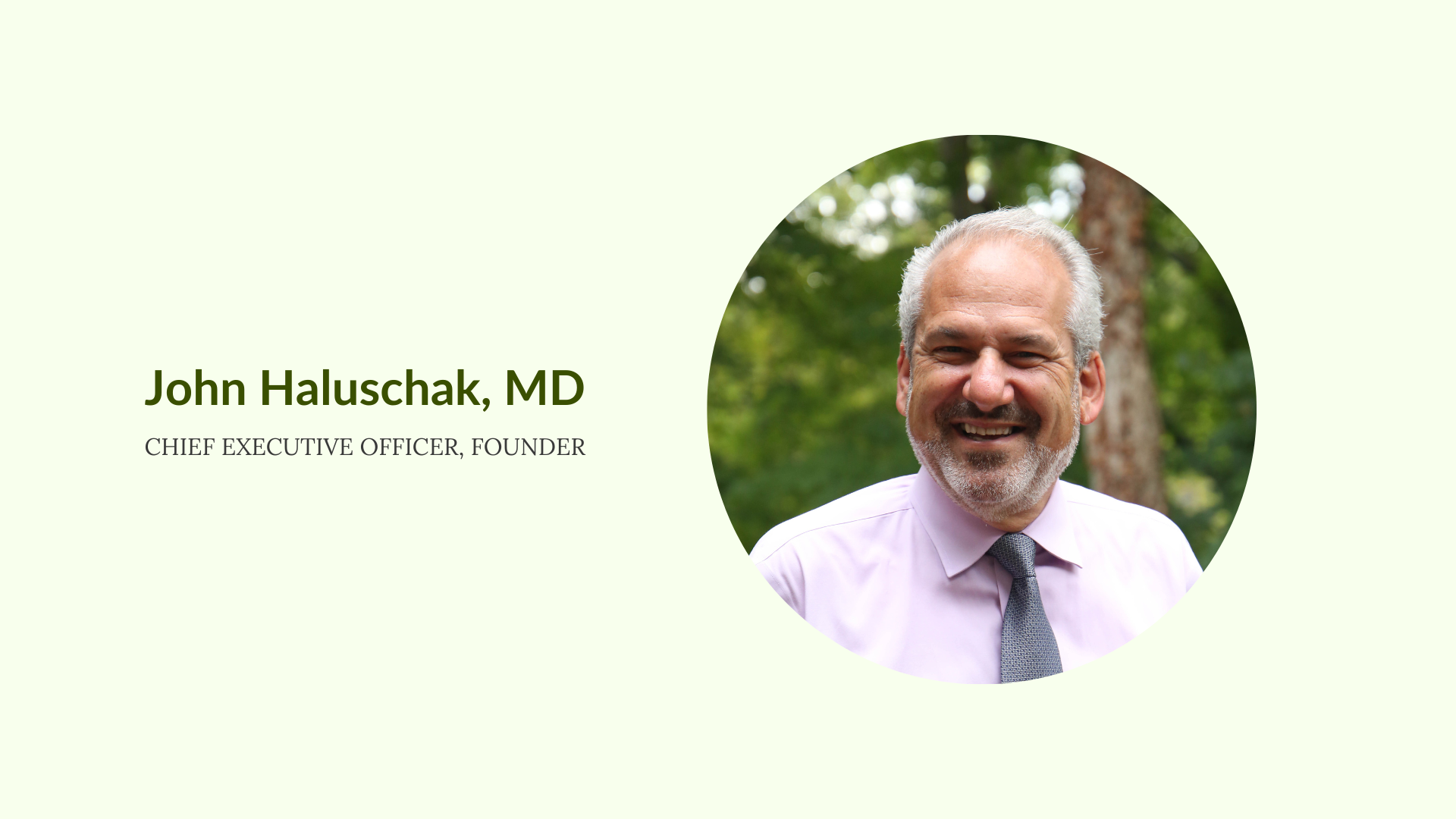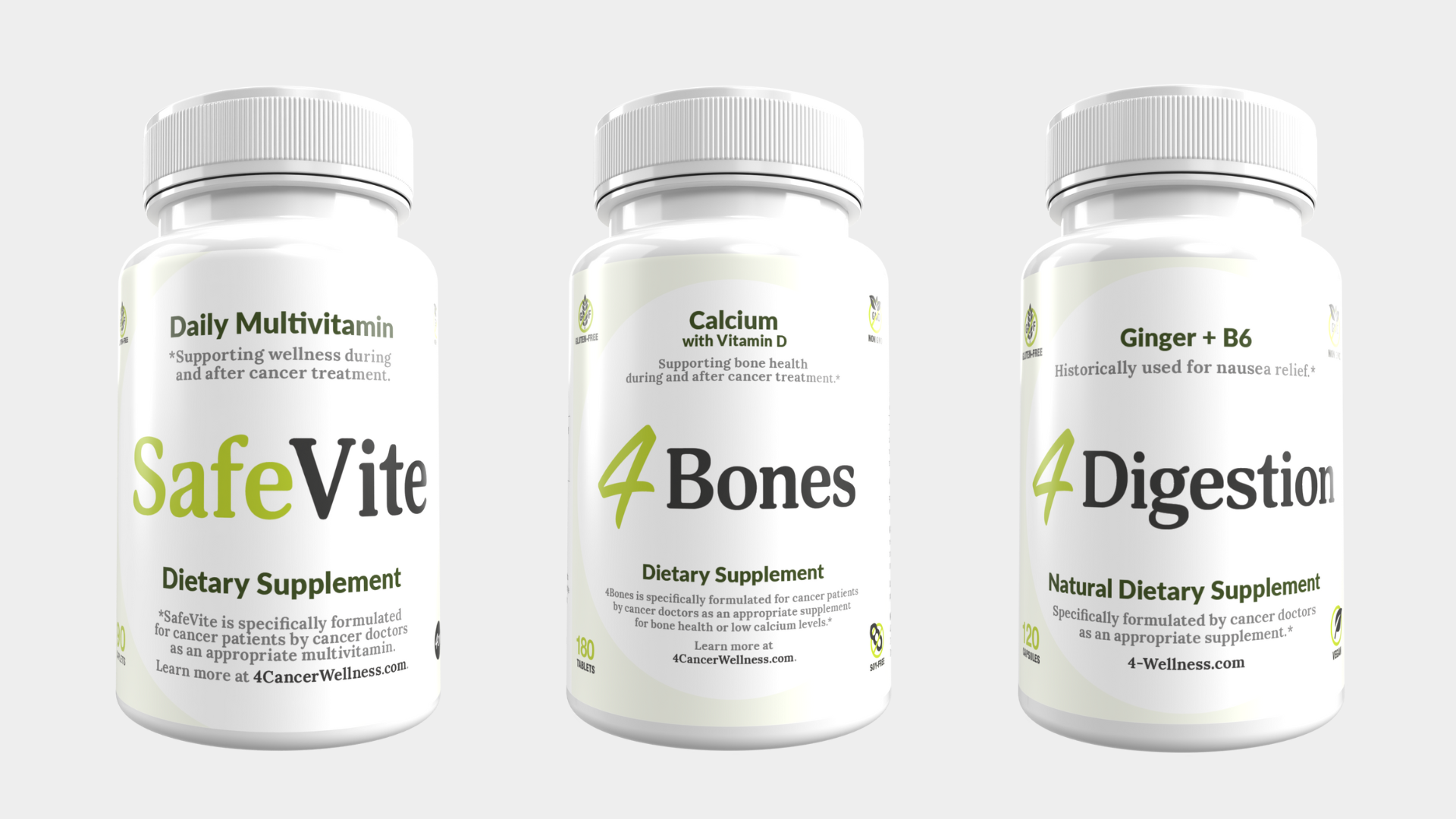As an oncologist, I have seen many patients who are looking for ways to support their cancer treatment with the use of supplements. While some supplements may provide benefits, it’s crucial to understand that not all supplements are created equal, and some may even interfere with your cancer treatment. In this article, I will discuss the importance of appropriate cancer supplements and provide some resources to help you make informed decisions.
Firstly, it’s essential to understand that supplements are not a substitute for cancer treatment. While some supplements may provide benefits, they cannot replace standard cancer treatments such as chemotherapy, radiation therapy, and surgery. It’s also important to be aware that newer treatments carry a lot less toxicity by targeting cancer rather than the individual or focus on the immune system, relying on an individual to kill the cancer instead of drugs. Regardless, it’s important to discuss any supplements you are taking or considering with your healthcare provider before incorporating them into your treatment plan.
Secondly, it’s crucial to understand that not all supplements are safe for cancer patients. Some supplements may interact with cancer treatments and cause adverse effects. For example, some supplements may interfere with the effectiveness of chemotherapy, while others may increase the risk of bleeding during surgery. Again, please discuss any supplements you are taking or considering with your healthcare provider.
Thirdly, it’s essential to choose supplements that are backed by research and have been shown to provide benefits for cancer patients. Some supplements may provide benefits such as reducing inflammation, supporting immune function, and improving quality of life. However, it’s important to choose supplements that have been studied in clinical trials and have been shown to be safe and effective.
Here are some resources to help you make informed decisions about cancer supplements:
1) The National Cancer Institute‘s Office of Cancer Complementary and Alternative Medicine (OCCAM) provides information and resources about complementary and alternative medicine (CAM) for cancer patients, including information about supplements.
2) The American Cancer Society provides information about CAM and cancer, including information about supplements and how they may interact with cancer treatment.
3) The Memorial Sloan Kettering Cancer Center’s About Herbs database provides evidence-based information about herbs, botanicals, and supplements commonly used by cancer patients.
4) The National Center for Complementary and Integrative Health (NCCIH) provides information about CAM and cancer, including information about supplements and how they may interact with cancer treatment.
5) The Cancer Treatment Centers of America provides information about supplements commonly used by cancer patients, including potential benefits, risks, and interactions with cancer treatment.
6) The American Society of Clinical Oncology (ASCO) offers information about complementary and alternative medicine (CAM) for cancer patients, including information about supplements.
7) The National Institute of Health’s Office of Dietary Supplements provides information about dietary supplements, including potential benefits, risks, and interactions with cancer treatment.
8) The Society for Integrative Oncology offers resources and information about integrative oncology, including the use of supplements and other complementary therapies.
9) The Oncology Association of Naturopathic Physicians offers information about naturopathic medicine and cancer, including information about supplements commonly used by cancer patients.
10) The Integrative Medicine Program at the University of Michigan offers information about integrative medicine and cancer, including information about supplements and other complementary therapies.
It’s important to note that these concerns are not exhaustive, and each patient may have unique questions and needs. Therefore, it’s essential to have open and honest communication with healthcare professionals to address specific concerns and develop a personalized care plan.
By consulting reliable resources and discussing any supplements you are taking or considering with your healthcare provider, you can make informed decisions about how to support your cancer treatment and improve your quality of life. Remember that supplements are not a substitute for cancer treatment, and it’s essential to work with your healthcare team to develop a personalized treatment plan that meets your unique needs and circumstances.
– Dr. John Haluschak, Oncologist & 4CancerWellness Founder







